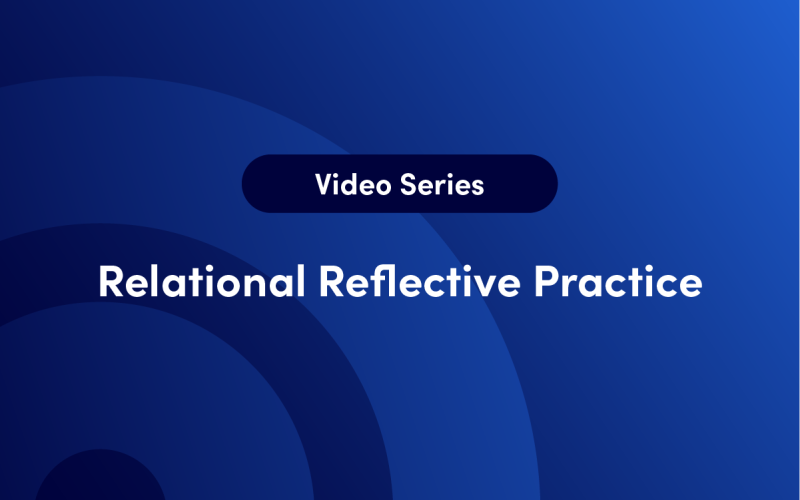Tips for supporting your peers

For a printable version of these tips, Download PDF here.
Knowing what to say to someone you think is struggling can be tricky. These are our tips to help you get started.

Keep an eye out for signs someone might not be doing too well – changes in behaviour, attitude, health, relationships, performance.

If something makes you think, “I hope they’re ok”, then ask if they’re ok

If you’ve noticed a change in someone, use that as the starting point of a conversation

Pick an appropriate time and place when you know you will have privacy, and long enough to talk

Keep it informal so it’s clear you are genuine in your concern

Use open questions, you’ll get a much fuller understanding of someone’s situation if you avoid questions which can be answered with a simple ‘yes’ or ‘no’

Ask, and ask again. People will often say they’re ok at the first time of asking – follow up to check they’re really ok

Pay attention – show you understand, empathise where relevant, and signpost to appropriate support if needed

Don’t feel like you have to fix everyone’s problem – lending an ear is often enough, sometimes suggesting resources or support can be helpful

Try to stay informed of some of the local and national services available which you could direct people towards. This link might help.

Keep the conversation going with follow-up check-ins

Keep things confidential, unless you’re concerned about their safety or the safety of others

If you feel someone needs extra support, tell them and how you think it will help

Make supporting your peers part of a culture of wellbeing, not a standalone entity
























